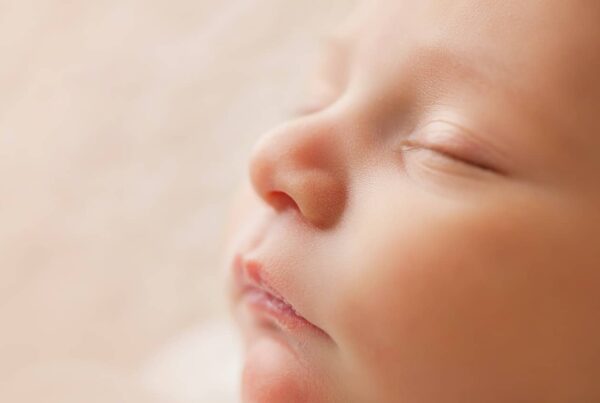
As you find out more about helping intended parents starting a family, you might ask yourself how being a surrogate could stop you from having more children of your own. Having another pregnancy after carrying a child for someone else is not unusual, and making plans for your family’s future is something you should consider before starting your journey as a surrogate.
Can I have a child after being a surrogate?
You can! Many of our surrogates continue to have a second pregnancy with the same family, or choose to become a surrogate for another family, or decide to have their own baby. A traditional pregnancy and surrogacy are very different – the support you get through a surrogacy agency and the fact that the child you’re carrying is not biologically related to you are the most obvious. However, the physical impact is the same. The ability to be pregnant and carry a baby doesn’t change, only because you were a surrogate.
Before you start on your surrogacy journey it is a good idea to speak to a doctor about your long-term family plans. In case you are getting closer to an age where it might become more difficult to get pregnant, your doctor can give you advice whether or not having a baby after surrogacy is feasible.
Your doctor can also tell you about possible risks of becoming pregnant again. If you have a husband or partner it’s important to make sure you are on the same page. Being a surrogate is a long-term commitment, so if you do have plans to expand your family it is important to know if both of you are willing to put this on hold, for now.
What other risks are there involved with surrogacy?
Medical risks
Essentially, becoming pregnant through surrogacy has the same risks as a regular pregnancy. Examples of symptoms you could experience are morning sickness, back pain, fatigue but also more serious such as hypertension or diabetes. Medical risks related to surrogacy are usually minor. You could experience side effects such as slight bleeding or cramping after the IVF procedure. Although these reactions are common it’s recommended to keep your doctor and surrogacy coordinator informed so they can give you the support you need.
In a surrogacy pregnancy the chances of twins or triplets are higher. This doesn’t automatically mean it’s a risk in itself, but there is a higher risk of complications. Examples include: placental abruption, premature birth and delivery by C-section. If you do require a C-section it might delay your plans for conceiving after your surrogacy.
Emotional risks
Will the surrogate be emotionally attached to the baby? That’s a very common question people have about surrogacy. In reality surrogates do not give this a second thought. The extensive screening process makes sure that surrogate candidates are motivated by their desire to help prospective parents start their family. Surrogates do not have any concerns about feeling emotionally attached to the baby as their only intention is to help someone else. At Family Tree Surrogacy Center, our Surrogacy Coordinator and Licensed Psychologist is available to support surrogates with their emotional experience throughout their journey.
Final thoughts
Thinking about your own family plans is important before you start considering becoming a surrogate. Our team at Family Tree Surrogacy Center have years of experience helping surrogates with their questions or concerns about pregnancy after being a surrogate. Also, throughout your journey there’s a network of surrogates available to share advice and experiences. If you are ready to apply to become a surrogate, click here. For questions, feel free to get in touch; we are here to support you every step of the way.



